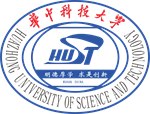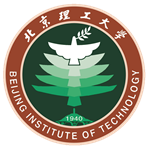📚About the Program
Tongji University, founded in 1907 and located in Shanghai, China, is one of the country's leading institutions known for its high-quality research and education. With strong European connections, the university has a distinguished reputation, particularly in Architecture and Civil Engineering, and has recently expanded its prominence in fields such as Economics, Management, Arts, Design, and Environmental Engineering.
The Master’s in Environmental Engineering, offered by the UNEP-Tongji Institute of Environment for Sustainable Development, equips students with essential skills in pollution control, environmental protection, and resource conservation. This research-based program encourages collaboration with faculty on innovative projects and culminates in a thesis, fostering leadership roles in various sectors. Key coursework includes Environmental Management and Policy, Water Resource Management, and Climate Change, preparing graduates for impactful careers in international organizations, government agencies, and NGOs.
Show less







